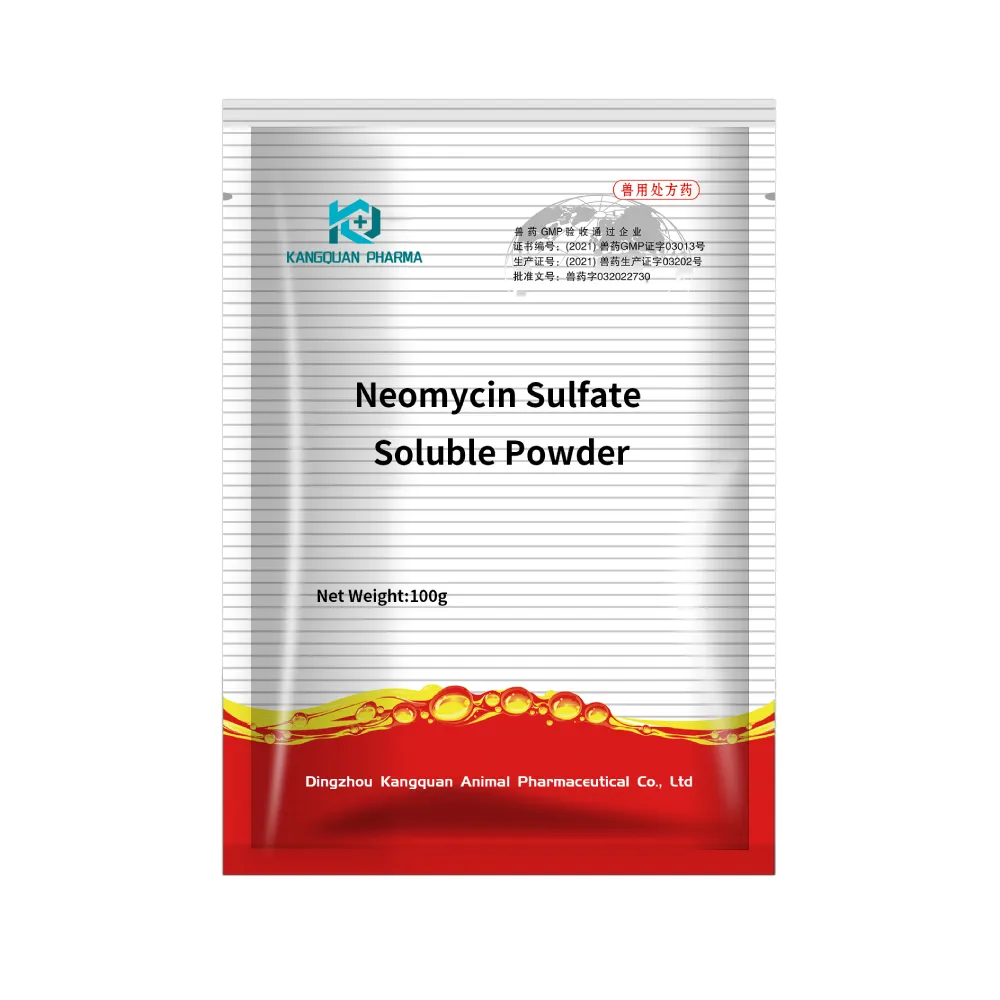- Afrikaans
- Albanian
- Amharic
- Arabic
- Armenian
- Azerbaijani
- Basque
- Belarusian
- Bengali
- Bosnian
- Bulgarian
- Catalan
- Cebuano
- Corsican
- Croatian
- Czech
- Danish
- Dutch
- English
- Esperanto
- Estonian
- Finnish
- French
- Frisian
- Galician
- Georgian
- German
- Greek
- Gujarati
- Haitian Creole
- hausa
- hawaiian
- Hebrew
- Hindi
- Miao
- Hungarian
- Icelandic
- igbo
- Indonesian
- irish
- Italian
- Japanese
- Javanese
- Kannada
- kazakh
- Khmer
- Rwandese
- Korean
- Kurdish
- Kyrgyz
- Lao
- Latin
- Latvian
- Lithuanian
- Luxembourgish
- Macedonian
- Malgashi
- Malay
- Malayalam
- Maltese
- Maori
- Marathi
- Mongolian
- Myanmar
- Nepali
- Norwegian
- Norwegian
- Occitan
- Pashto
- Persian
- Polish
- Portuguese
- Punjabi
- Romanian
- Russian
- Samoan
- Scottish Gaelic
- Serbian
- Sesotho
- Shona
- Sindhi
- Sinhala
- Slovak
- Slovenian
- Somali
- Spanish
- Sundanese
- Swahili
- Swedish
- Tagalog
- Tajik
- Tamil
- Tatar
- Telugu
- Thai
- Turkish
- Turkmen
- Ukrainian
- Urdu
- Uighur
- Uzbek
- Vietnamese
- Welsh
- Bantu
- Yiddish
- Yoruba
- Zulu
វិច្ឆិកា . 08, 2024 03:38 Back to list
Dosage Guidelines for Injectable Ivermectin in Sheep Management and Treatment
Understanding Ivermectin Injectable Dose for Sheep A Comprehensive Guide
Ivermectin is a widely used antiparasitic medication in veterinary medicine, particularly for livestock such as sheep. Its effectiveness in treating and preventing various parasitic infections has made it a staple in sheep farming. Given the importance of proper dosing, this article will explore the recommended ivermectin injectable doses for sheep, the indications for use, potential side effects, and safe administration practices.
What is Ivermectin?
Ivermectin is part of the macrocyclic lactone class of drugs, which are produced from the fermentation of the soil bacterium Streptomyces avermitilis. This medication works by binding to glutamate-gated chloride channels in invertebrates, leading to paralysis and death of parasites. Ivermectin is particularly effective against a variety of nematodes (roundworms) and ectoparasites (such as mites and lice).
Recommended Dosage
The appropriate injectable dosage of ivermectin for sheep is typically 200 micrograms per kilogram (µg/kg) of body weight. This dosing can vary slightly based on specific formulations and the purpose of treatment. For example
1. For Deworming The standard dose is often set at 1 mL of 1% ivermectin solution per 110 pounds (50 kg) of body weight. This means that a sheep weighing 150 pounds would receive approximately 1.36 mL of the 1% solution to ensure effective treatment against internal parasites. 2. For Ectoparasite Control While the dose remains the same, it's crucial to note that ivermectin can also be used to control external parasites, including lice and mites. The timing and frequency may vary depending on the level of infestation and environmental conditions.
3. Off-label Use In certain situations, veterinarians may prescribe doses that differ from standard recommendations based on the specific needs of the herd. Always consult a veterinarian if there's uncertainty regarding dosing.
Administration
Administering ivermectin injectable solution requires adherence to safe practices to ensure both effective treatment and animal welfare
ivermectin injectable dose for sheep

- Injection Sites Ivermectin can be administered intramuscularly (IM) or subcutaneously (SQ). The recommended injection site for SQ administration is typically behind the ear or in the neck region. - Sanitation Before giving an injection, ensure that the injection site is clean to minimize the risk of infection. Use a new, sterile needle and syringe for each animal.
- Handling Handle the animals gently during administration to reduce stress. Proper restraint techniques should be employed to ensure safety for both the animal and the handler.
- Record Keeping Keep thorough records of treatments administered, including the date, dosage, and the health status of the sheep. This information is essential for managing herd health and identifying any future issues.
Side Effects and Precautions
While ivermectin is generally safe when administered correctly, some sheep may experience side effects. Common side effects include
- Mild Reactions Slight swelling or irritation at the injection site may occur. These reactions are usually transient.
- Neurological Effects In rare cases, especially with overdosing, sheep can exhibit neurological symptoms such as tremors, ataxia, or lethargy. If these symptoms occur, consult a veterinarian immediately.
- Drug Interactions Be aware of potential drug interactions, especially if the sheep are receiving other medications. Discuss all treatments with a veterinarian.
Conclusion
Ivermectin is a powerful tool for sheep farmers in managing parasitic infections, but it must be administered with care. Understanding the correct dosage, administration techniques, and potential side effects can ensure the welfare of the sheep and the success of your farming operation. Always consult a veterinarian for tailored advice and to ensure compliance with the latest regulations surrounding medication use in livestock. With responsible use and proper management practices, ivermectin can significantly enhance the health and productivity of your sheep flock.
-
Guide to Oxytetracycline Injection
NewsMar.27,2025
-
Guide to Colistin Sulphate
NewsMar.27,2025
-
Gentamicin Sulfate: Uses, Price, And Key Information
NewsMar.27,2025
-
Enrofloxacin Injection: Uses, Price, And Supplier Information
NewsMar.27,2025
-
Dexamethasone Sodium Phosphate Injection: Uses, Price, And Key Information
NewsMar.27,2025
-
Albendazole Tablet: Uses, Dosage, Cost, And Key Information
NewsMar.27,2025













